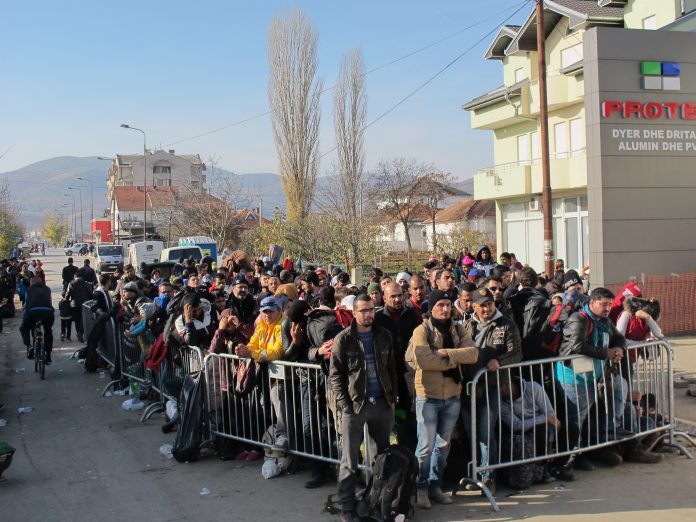The European Commission on December 20 published a report about the continuous fulfilment of the visa liberalisation benchmarks by the Western Balkan countries (Albania, Bosnia and Herzegovina, the Former Yugoslav Republic of Macedonia (FYROM), Montenegro and Serbia) as well as the Eastern Partnership countries (Georgia, Moldova and Ukraine).
The report finds that action is required in a number of specific areas to preserve their sustainable implementation.
“We are fully committed to safeguarding visa-free travel for citizens of the Western Balkans and Eastern Partnership countries and we are working together with their governments towards this goal,” said Dimitris Avramopoulos, Commissioner for Migration, Home Affairs and Citizenship. “But ensuring this comes with responsibilities, for both citizens and the relevant authorities. While we acknowledge the efforts of these countries to ensure that the progress made is sustained and that reforms continue to deliver concrete results, further work is needed. We expect all countries to step up their efforts to address irregular migration and fight organised crime and corruption in particular.”
The December 20 report is the first assessment under the new monitoring mechanism for the eight countries that have concluded visa liberalisation dialogues with the EU. It focuses on the areas where further actions are required, in particular irregular migration and readmission, fight against corruption and money laundering as well as public order and security.
For the Western Balkans, the new report replaces the previous post-visa liberalisation monitoring reports and covers the period since the last such report from February 2015. For the Eastern Partnership countries, the report covers the period since the final visa liberalisation progress reports adopted in December 2013 for Moldova and in December 2015 for Georgia and Ukraine.

